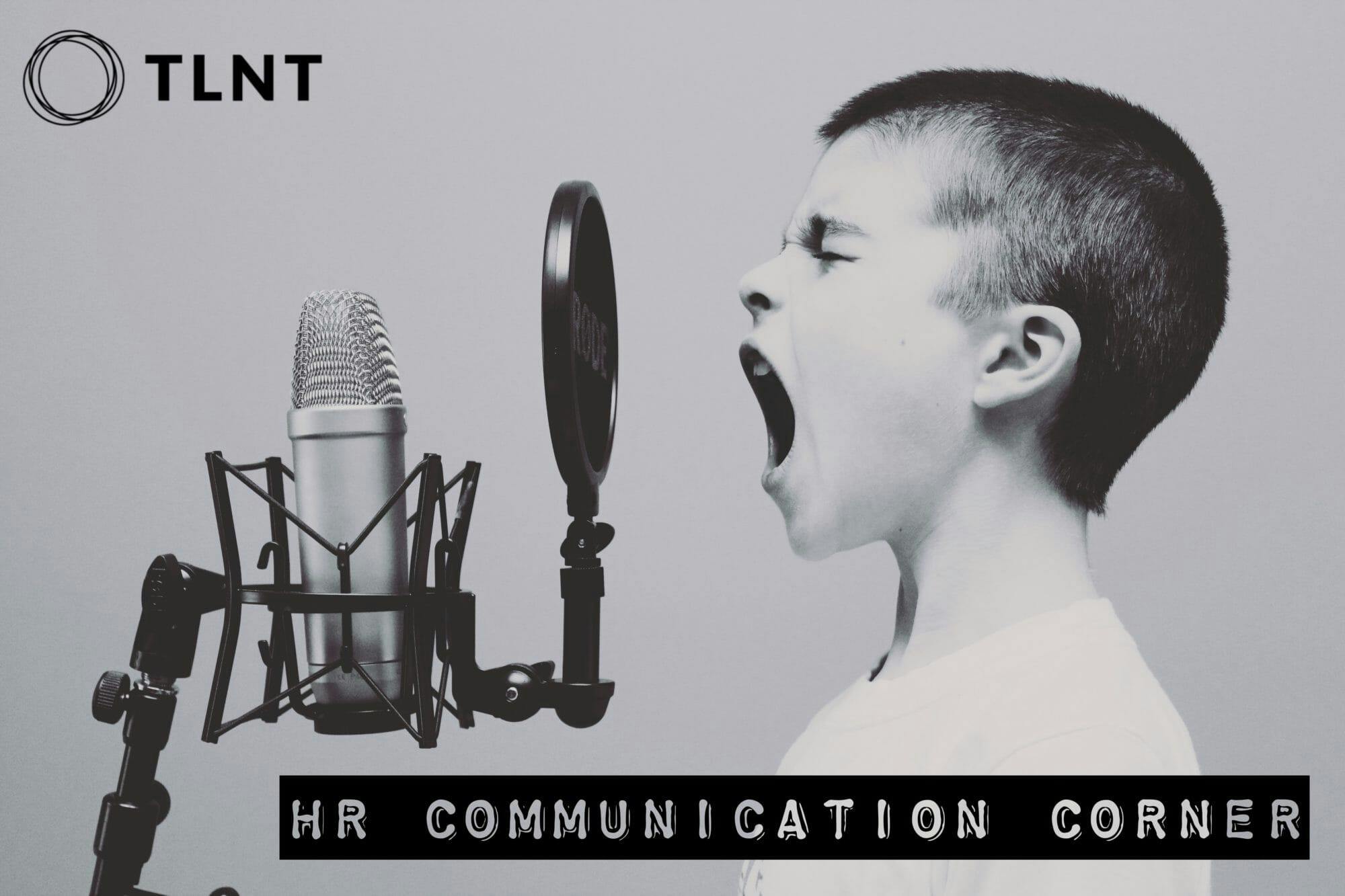Moderators for several of the recent Democrat presidential debates have been slammed hard. Pundits have been particularly harsh in their comments about the recent CBS moderators, who at times seemed stressed that candidates were not following their debate rules.
Although you may not be moderating a debate, chances are that you have to lead meetings with strong-willed attendees. Articulate, passionate, and confident, they demand to be heard and feel the “rules” are only for other people. That’s a triple threat to order and productive communication.
So the next time you anticipate being in such a hotspot, lay claim to these techniques that tend to cool passionate conversations and conflicts:
Clearly communicate any rules
The moderators often run through the meeting rules with the same passion as flight attendants giving safety guidelines: Rushed. Monotone. Auto-pilot predictability. Granted, when you lead a meeting, you may not repeat the group’s rules (or those set by precedent in your organization) each time attendees gather. But when you expect controversy, repeat them clearly—as if you intend to enforce them—and get the group’s agreement upfront to follow them.
Your group’s rules may include a number of things: Time limits on speakers. All phones off. No late arrivals or early leavers. No recap for the late-arrivers. Whatever rules you’ve agreed on as a group, stick to them. If none have been set, state your own rules.
Avoid rewarding the obstinate with more air time
When a participant breaks the “length” rule, stop them and remind the group of the time limit on individual contributions. If you fail to enforce the speaker rules, attendees quickly learn that you don’t really intend to follow them.
Then as you continue to allow other speakers more airtime than agreed upon, you’re actually rewarding the rule-breakers. Soon, you’ll feel like the inconsistent parent who tells the three-year-old at bedtime, “Johnny, this is the LAST time I’m going to tell you to pick up your toys.” What they hear is, “Keep dawdling and playing until I really mean it and fly off the handle.”
Remain front and center
Body language plays a huge part in group dynamics and control. TV debate moderators start at a disadvantage in that they’re seated while candidates stand. Standing increases authority while sitting decreases authority and control.
When business discussions get unwieldy with crosstalk, meeting leaders frequently have the tendency to back away from the turmoil. That’s particularly the case when attendees hold a higher rank than the meeting moderator. The moderator’s thinking seems to be, “These people are my senior executives. If they want to sidetrack the discussion, who am I to stop them?” That’s understandable—but a crippling view.
If you’re in charge of leading a discussion, others expect you to set boundaries and control the flow of traffic so that everyone can use time productively. That means physically taking control of what happens in the room: Stand or sit so that you’re clearly front and center and visible to everyone in the group. Project your voice. Assign roles such as timekeeper or scribe. Introduce new topics. Provide transitions. Summarize conclusions. Assign next actions.
That’s physically and figuratively remaining “front and center.”
Control the environment
TV debate moderators clearly control the mics for each candidate. All they need to do is to have the sound engineers to mute the candidates’ mics when their speaking time ends. Of course, you may be leading a meeting without microphones, but that doesn’t mean you can’t control the environment.
Your choices:
- Set a timer that goes off—loudly—when any speaker exceeds, say, 3 minutes.
- Use another prop such as a “trophy” mouth (plastic chatter teeth) to designate talkers who become loudmouths. As a gag, keep the “trophy” in the middle of the table. The rules state that anyone can move the “trophy” and place it in front of anyone else speaking too long, rambling, repeating points. Yes, this can be touchy, but if done in a lighthearted way, the long-winded speaker will get the point.
- Position chairs and yourself so that attendees aren’t distracted by passersby.
- Add a sign on the door that says “meeting in progress” to prevent outside interruptions.
Remember: Your skills as a moderator matter a great deal in leading a productive meeting.
